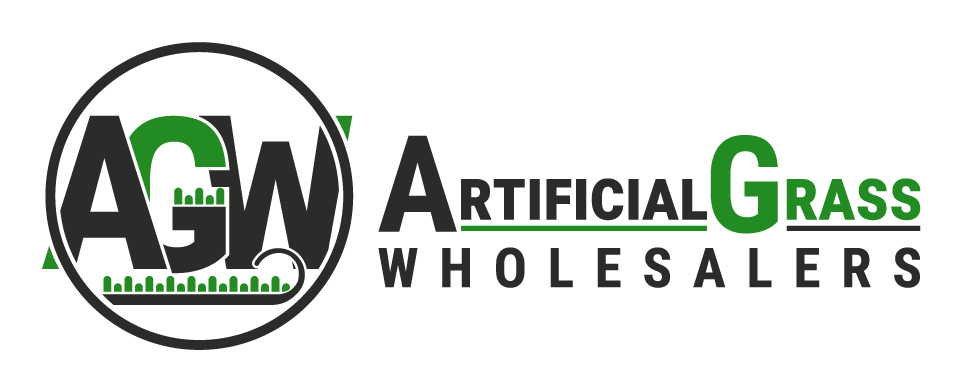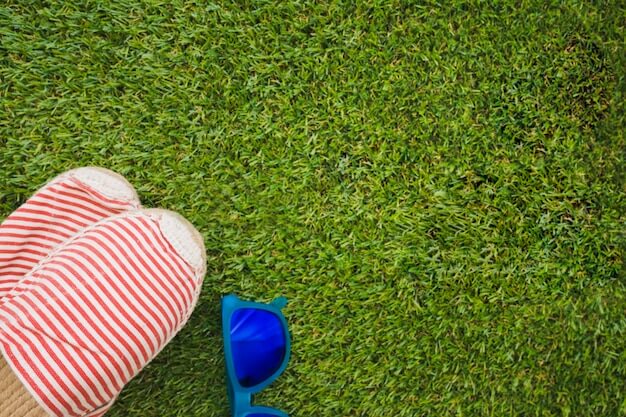As the world faces increasingly severe water scarcity issues due to climate change and population growth, finding innovative solutions to conserve this precious resource has become imperative. One such solution gaining momentum is the use of artificial grass. This synthetic turf provides aesthetic appeal, reduces maintenance efforts, and plays a significant role in water conservation. This article will explore how artificial grass helps save water and contributes to a more sustainable future.
The water crisis and need for conservation
Water scarcity is a global challenge that affects millions of people and ecosystems worldwide. Factors such as climate change, urbanisation, and inefficient water management practices have exacerbated this issue. With their high water demands, conventional lawns contribute significantly to this problem. Approximately 30 – 60% of residential water consumption is used for outdoor purposes, with a significant portion dedicated to lawn irrigation. This is where artificial grass offers an eco-friendly alternative.
Water conservation benefits of artificial grass
- Eliminating irrigation: One of the most prominent advantages of artificial grass is that it requires no watering. Unlike natural lawns, which demand frequent watering to stay healthy and green, artificial turf maintains its appearance without any need for irrigation. This eliminates a substantial portion of residential water usage.
- Reduced runoff and erosion: Traditional lawns often contribute to runoff and erosion, especially in areas with sloping terrain. The impermeable nature of artificial grass prevents water from rapidly flowing off the surface, allowing it to gradually percolate into the ground. This helps in groundwater recharge and minimises the risk of erosion, especially during heavy rainfall.
- Seasonal resilience: Natural lawns can suffer during dry spells, requiring increased watering to prevent browning and damage. Artificial grass remains lush and vibrant year-round, regardless of weather conditions, thereby avoiding the need for excess water consumption during dry periods.
- Chemical-free maintenance: Keeping natural lawns lush often involves using fertilisers, pesticides, and herbicides, which can contaminate water bodies through runoff. Artificial grass eliminates the need for such chemicals, contributing to cleaner water sources.
- Savings in maintenance water: In addition to irrigation water, natural lawns necessitate regular maintenance involving mowing, which also requires water. Artificial grass eliminates the need for mowing, thus saving additional water resources.
Economic and environmental impact
The benefits of water conservation extend beyond personal savings on water bills. Communities and municipalities also benefit from reduced strain on water supplies and infrastructure. By implementing artificial grass in public spaces like parks, sports fields, and medians, cities can save a significant amount of water and allocate resources to other pressing needs.
Furthermore, artificial grass helps lower greenhouse gas emissions. Lawnmowers and other maintenance equipment emit carbon dioxide and other pollutants. By eliminating the need for frequent mowing and maintenance, synthetic turf contributes to a cleaner environment.
Choosing the right artificial grass
While the water conservation benefits of artificial grass are undeniable, it’s essential to select the correct type of grass. High-quality artificial grass products are designed to drain water efficiently and mimic the appearance of natural grass. When considering artificial grass for water-saving purposes, look for features such as proper drainage systems and UV protection to ensure longevity and performance.
Contact Artificial Grass Wholesalers for details
As water scarcity continues to threaten communities worldwide, embracing innovative solutions becomes paramount. Artificial grass presents a compelling opportunity to reduce water consumption, enhance sustainability, and contribute to a greener future. By eliminating the need for irrigation, reducing runoff, and minimising the use of chemicals, artificial turf emerges as a practical and eco-friendly alternative to traditional lawns. As individuals, communities, and governments come together to address the water crisis, adopting artificial grass is a clear and compelling step toward a more water-conscious world.
We have one of the most comprehensive inventories of artificial grass products in South Africa. This allows us to use only the highest quality materials. Contact a representative from Artificial Grass Wholesalers today to learn more about our artificial grass, or please continue to browse our site to find your perfect grass solution.

